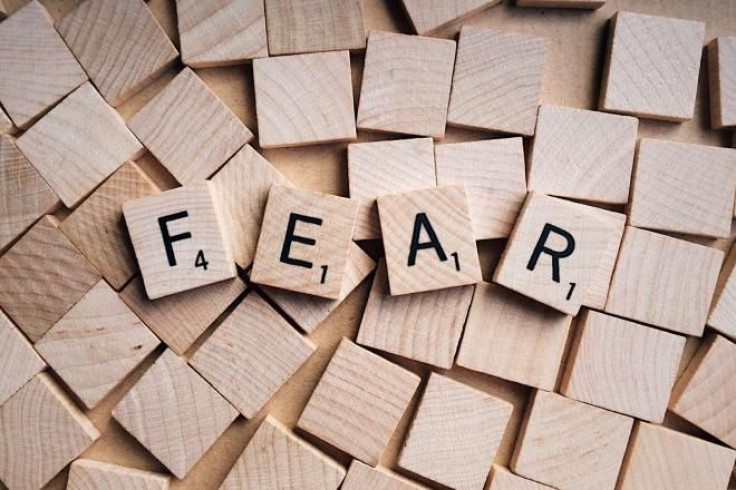Hate The Unknown? You Can Thank This Part Of Your Brain For That

If not knowing what the future holds freaks you out, you can thank a little area in your brain known as the striatum for that. A small study published by the American Psychological Association indicates that this area of the brain is larger in people who struggle with uncertainty. The striatum helps with several cognitive processes including movement and reward.
Researchers enlisted 61 students for the study who completed surveys measuring how well they tolerate the uncertainty of possible negative events. After, scientists analyzed MRI scans of the subjects brains and compared the results to the surveys. The team discovered that the volume of the striatum was linked to how one dealt with uncertainty.
“People who had difficulty tolerating an uncertain future had a relatively enlarged striatum,” says lead author Justin Kim, PhD, of Dartmouth College, in a statement. “What surprised us was that it was only the striatum and not other parts of the brain we examined.”
Prior research has shown that more gray matter in the striatum is associated with obsessive compulsive disorder and anxiety, but this is the first piece of evidence hinting that it could be linked to how well someone handles the unknown.
“Our findings demonstrate that the relationship between increased striatal volumes and intolerance of uncertainty can be observed in healthy individuals,” he said. “Having a relatively enlarged volume of the striatum may be associated with how intolerant you are when facing an uncertain future, but it does not mean you have OCD or generalized anxiety disorder.”
Unlike the typical worry over a work project or interview, people with generalized anxiety disorder can fret over something for months. Common symptoms are restlessness, troubles sleeping and reigning in anxious thoughts. Obsessive Compulsive Disorder differs in that people have uncontrollable, recurring thoughts or behaviors that are constantly repeated. Typically OCD is centered around a germ phobia or the need to arrange objects and the condition can worsen over time. About 2.3 percent of the American population has OCD while roughly 18 percent is diagnosed with general anxiety. Treatment options for both include either therapy, medication or both.
The study was conducted on psychologically healthy people, but Kim thinks the findings could help predict whether someone is at risk for developing anxiety or OCD, however, more research would need to be conducted. But this study is helpful and provides researchers a new way to measure how well treatments work in patients with anxiety or OCD.
Source: “Intolerance of Uncertainty Predicts Increased Striatal Volume,” by M. Justin Kim, PhD, Jin Shin, James Taylor, PhD, Alison Mattek, Samantha Chavez, and Paul Whalen, PhD, Dartmouth College. Emotion , published May 15, 2017.











